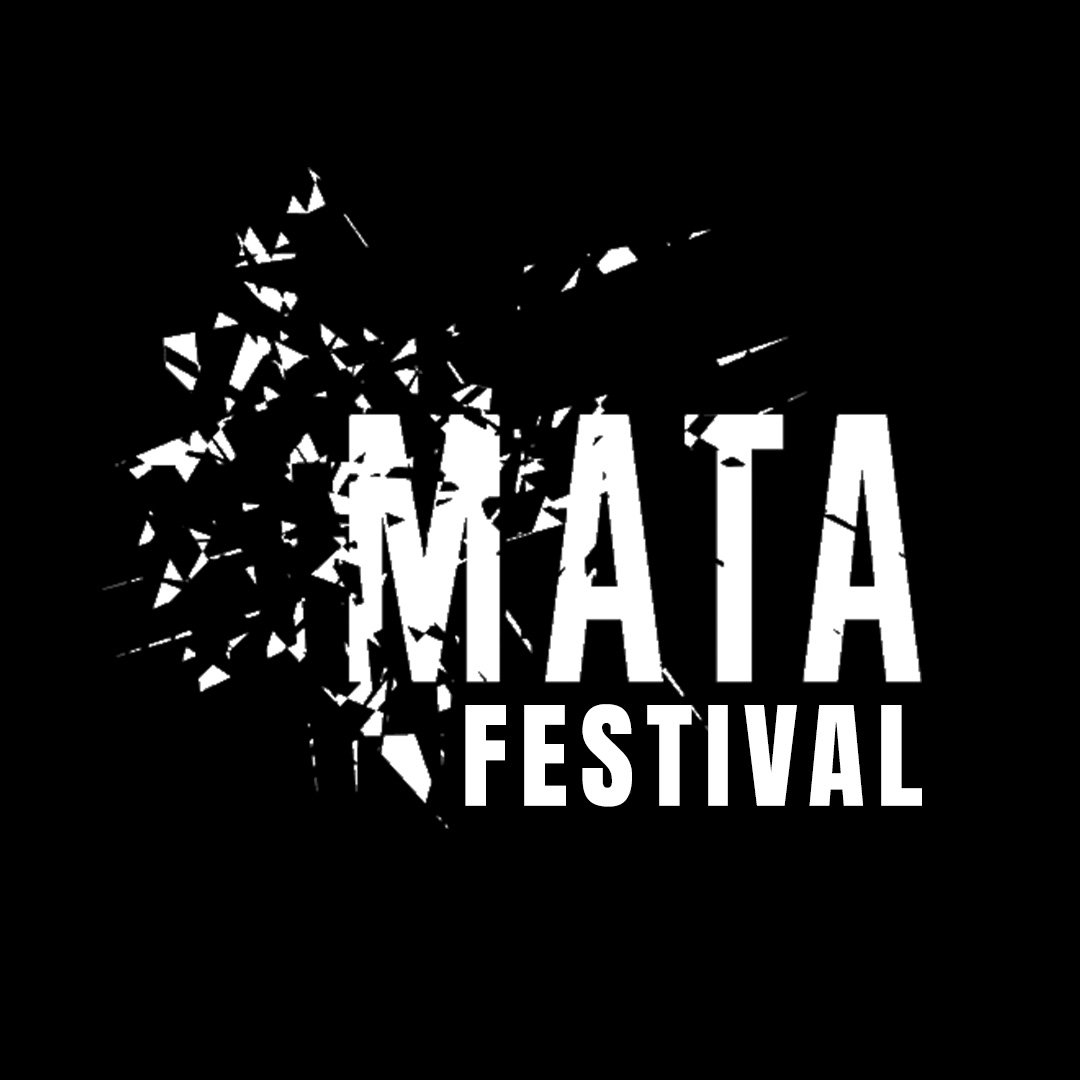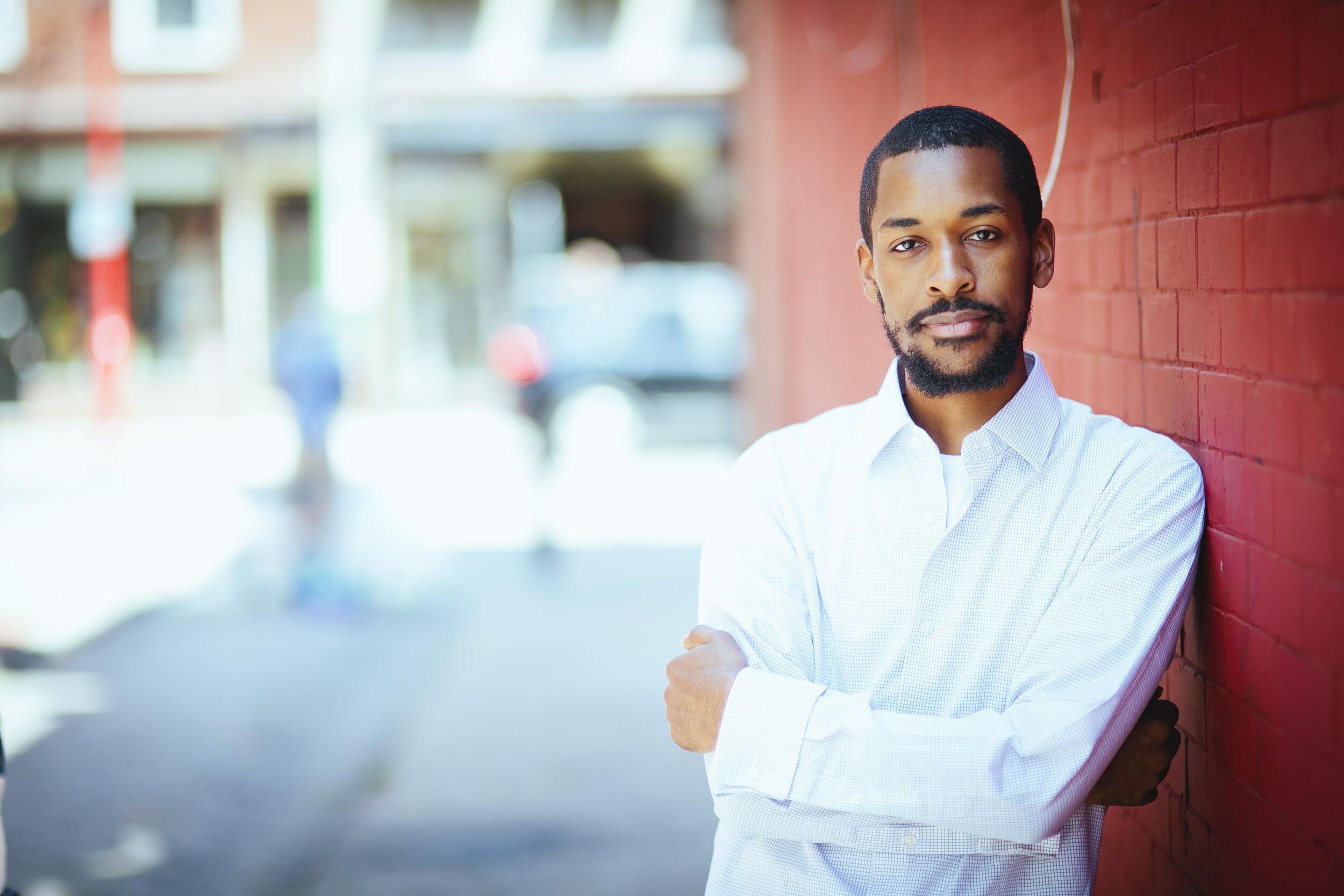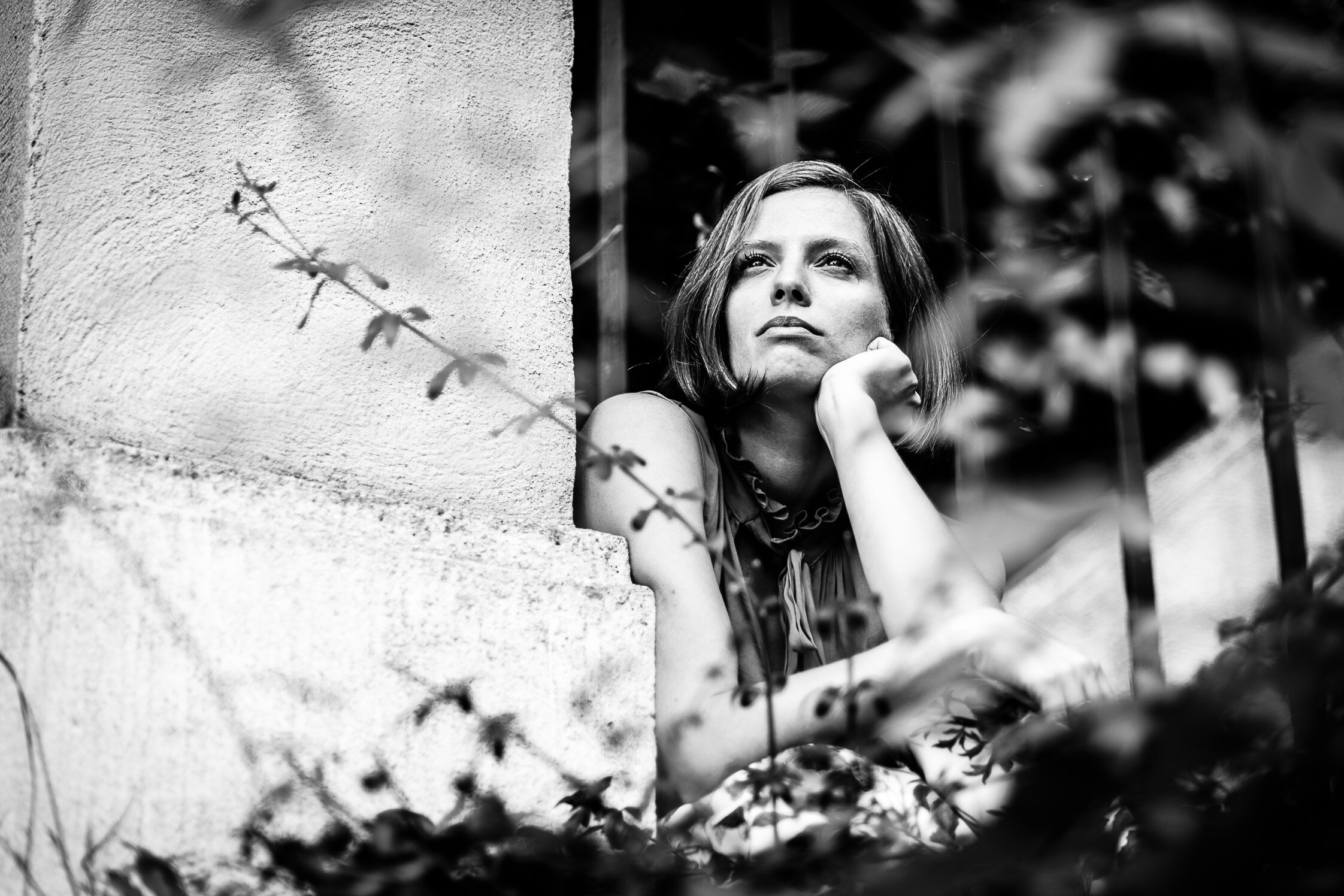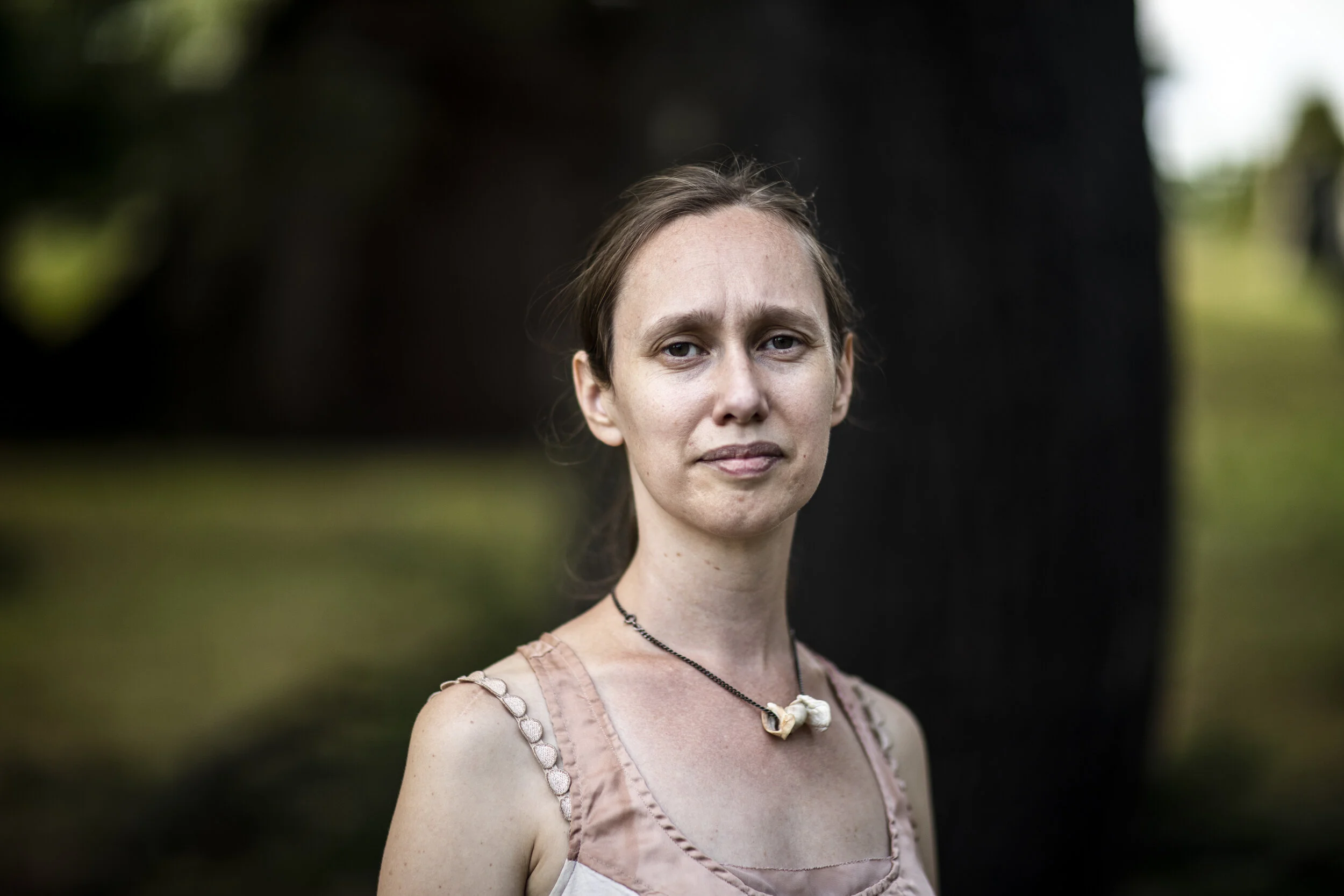MATA PRESENTS
2021-22
Guest Curators
2021-22 MATA Presents Artists
Elijah Thomas
Elijah J.Thomas (he/him/his, M.M. Music Education, B.M. Jazz Arranging/Composition) is a Black Philadelphia-born and Harlem-based multi-instrumentalist, educator and composer/experimentalist. He is an avid composer and experimentalist and creates and outputs what he calls “enuff music”: music intent on Black healing, spiritual awareness, and community. www.artistecard.com/elijahjthomas
For Harlem
For Harlem is a brief tone poem – really, a memory piece – that depicts moments that encapsulate the vibrancy, energy, and light moments of life and pulse of Harlem today. A focus on Central Harlem (my home) will be present, where history continues to be active in its scope and impact and unraveling: a morning of peaceful rising in Marcus Garvey Park; a walk down busy 125th Street to Africa Square, where a celebration in the midst of struggle unfolds; and Harlem lives lived during nights filled with laughter and love on 6th, 7th and 8th Avenues. This work is intended to honor the land of Harlem, its Black citizenry, its history (both past, present, and possible future), and its cultural impact.
Meaghan Burke
Hailed as “outstanding,” with a “street-smart, feline voice” (The New York Times), Meaghan Burke is a cellist, vocalist, and composer working in the space between contemporary music, improvised music, and songwriting. Meaghan is a founding member of The Rhythm Method, a contemporary, feminist, “trailblazing” quartet of “skillful composer-performers” (The New Yorker) praised for its “stunning displays of fearsome extended technique and fearless programming.” (New York Music Daily) www.meaghanburkemusic.com
Fenster
“I wrote Fenster for Marina Kifferstein and Leah Asher in May 2020, while Brooklyn was still under full COVID-19 lockdown. This piece was part of a series of “Care Pieces,” brief text scores in the tradition of Pauline Oliveros’ Sonic Meditations and Yoko Ono’s instruction pieces which I began writing in April 2020. These pieces were hand-copied and sent to friends via snail-mail, along with letters and memorabilia, and written in a spirit of empathy and care, imagining each friend’s particular physical and emotional space, and what might help them to feel a little bit better.”
George Tsz-Kwan Lam
George Tsz-Kwan Lam is a composer and educator based in Hong Kong and New York City, and is currently associate professor at the Department of Music, Hong Kong Baptist University. George has previously worked with artists and ensembles including Jeff Docimo and the Isodoc Dance Company, White Snake Projects, Hong Kong Sinfonietta, Hong Kong Voices, Synergy Percussion, the Gesher Music Festival, Romer String Quartet, and New Morse Code. For the 2021-22 season, he is serving as an Artist-In-Residence at The Performance Project at University Settlement in NYC. www.gtlam.com
Family Association
Family Association is a new site-specific, geolocation-enabled piece that uses collected oral history recordings from the Chinese American community as part of an interactive soundwalk in Manhattan’s Chinatown neighborhood, one of the oldest communities of Chinese Americans in the U.S. The recorded testimony will focus on the interviewees’ memories of their own extended families, how their families emigrated to the U.S., as well as whom they imagine their ancestors to be — including those who left their homeland to seek a new future in the United States decades (and perhaps centuries) ago. This project is co-presented by MATA, University Settlement, and Hong Kong Baptist University.
Flannery Cunningham
Flannery Cunningham is a composer and musicologist fascinated by vocal expression, text, and auditory perception. She aims to write music that surprises and delights. Flannery is attracted the very old and very new; she has presented at the International Medieval Congress and performed at the International Computer Music Conference. In addition to acoustic ensembles she writes for players and singers (sometimes including herself) with interactive electronics, always striving to foreground the musicality of human performers. www.flannerycunningham.com
dowsing//divining
dowsing//divining is a chamber work for viola, cello, mezzo-soprano, and electronics in which sounds leave visual echoes that are then fed back into new sonic processes. Throughout the piece, the performers’ pitches are tracked and periodically sent to a Chladni plate: a sheet of metal resonated by a large speaker. Grains of sand on top of the plate move in response to the resonance of the speaker’s sound, gradually shifting to create geometric patterns based on the plate's vibration at particular frequencies. Video of these changing patterns is projected for all to see, drives electronic processing on the players’ microphone inputs, and is read as further notation by all three performers. At its core, dowsing//divining is sonic exploration of transformation and persistence in which every sound affects the rest and notation is created in the moment of performance.








